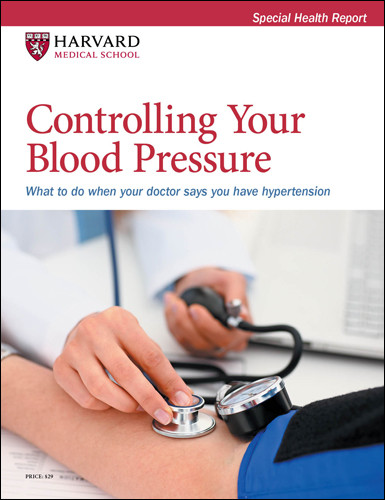Using a salt substitute can lower risk of developing high blood pressure
Research we're watching
- Reviewed by Toni Golen, MD, Editor in Chief, Harvard Women's Health Watch; Editorial Advisory Board Member, Harvard Health Publishing; Contributor

The study involved 609 adults ages 55 and older (average age 71, 26% women) who lived in care facilities in China. All had normal blood pressure at the study's start. Participants were split into two groups: 298 continued to use table salt, while 313 used a salt substitute consisting of 62.5% sodium chloride, 25% potassium chloride, and 12.5% flavorings. Over the following two years, participants in the salt-substitute group were 40% less likely to develop high blood pressure than peers who continued using regular salt.
To continue reading this article, you must log in.
Subscribe to Harvard Health Online for immediate access to health news and information from Harvard Medical School.
- Research health conditions
- Check your symptoms
- Prepare for a doctor's visit or test
- Find the best treatments and procedures for you
- Explore options for better nutrition and exercise
I'd like to receive access to Harvard Health Online for only $4.99 a month.
Sign Me UpAlready a member? Login ».
About the Author

Maureen Salamon, Executive Editor, Harvard Women's Health Watch
About the Reviewer

Toni Golen, MD, Editor in Chief, Harvard Women's Health Watch; Editorial Advisory Board Member, Harvard Health Publishing; Contributor
Disclaimer:
As a service to our readers, Harvard Health Publishing provides access to our library of archived content. Please note the date of last review or update on all articles.
No content on this site, regardless of date, should ever be used as a substitute for direct medical advice from your doctor or other qualified clinician.
















